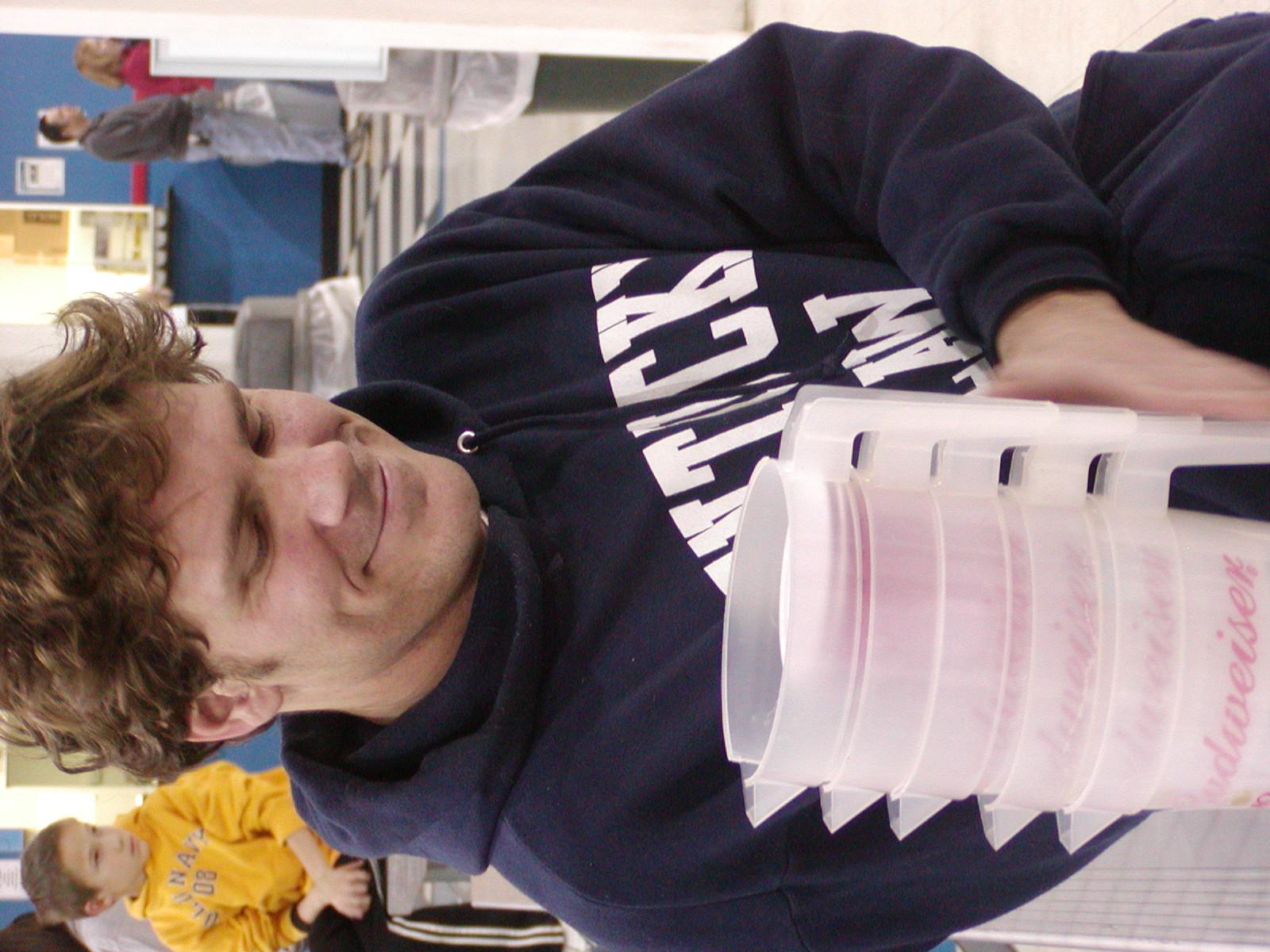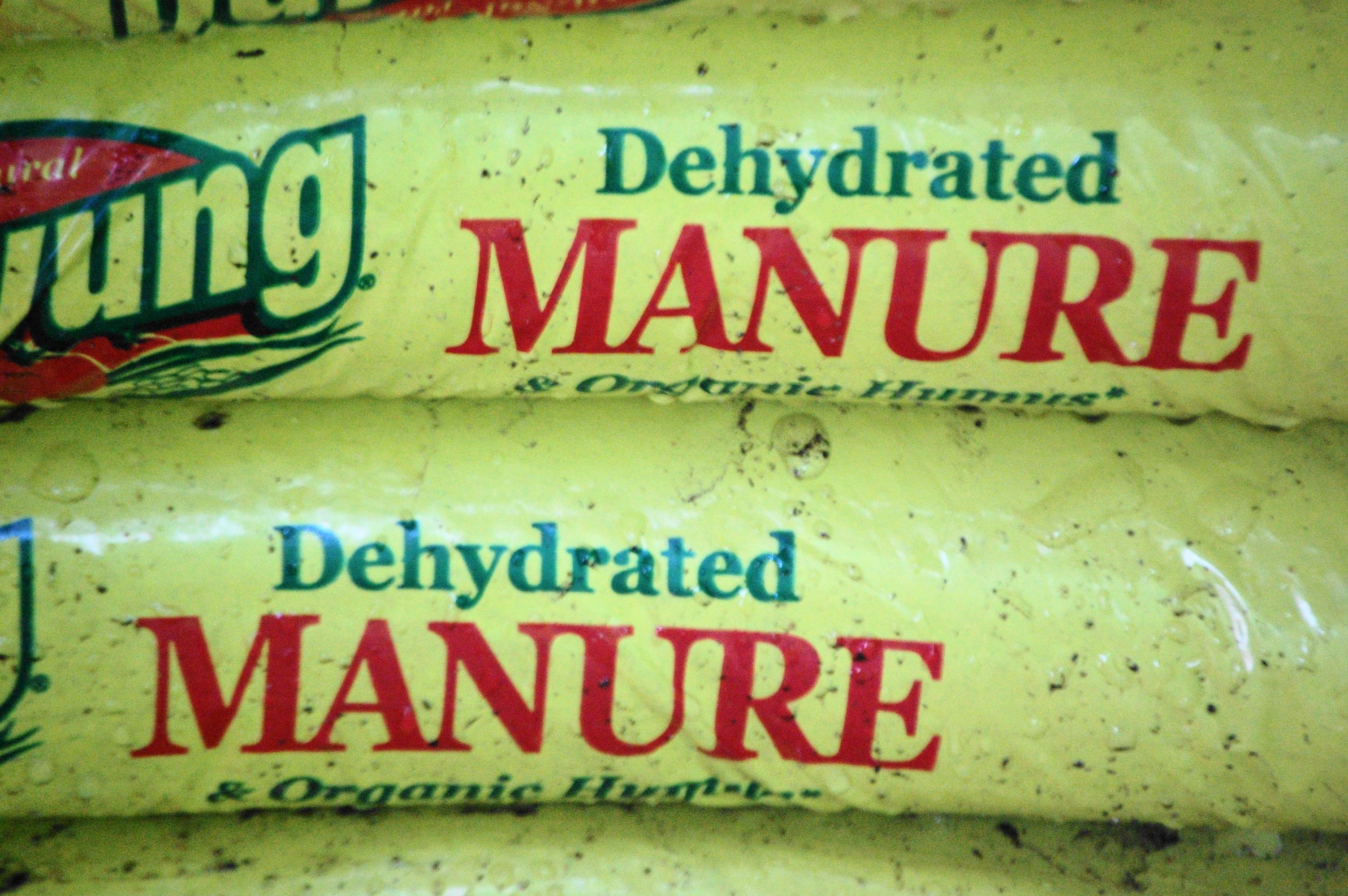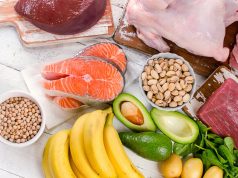In today’s fast-paced world, it’s easy to overlook the simple yet vital act of staying hydrated. Water is not just a thirst quencher; it’s a cornerstone of optimal health, influencing everything from our energy levels to our cognitive function. Yet, despite its importance, many of us struggle to drink enough water throughout the day. Whether it’s due to busy schedules, forgetfulness, or simply not recognizing the signs of dehydration, it’s a common challenge that can have significant impacts on our well-being. In this article, we will explore practical, easy-to-implement strategies to help you stay hydrated, ensuring your body functions at its best. We understand that developing new habits can be daunting, but with a little guidance and encouragement, staying hydrated can become a seamless part of your daily routine. Let us guide you on this journey to better health, one sip at a time.
Understanding Your Bodys Hydration Needs
Our bodies are remarkable systems, and hydration plays a critical role in keeping them functioning optimally. The amount of water each person needs can vary based on several factors, such as age, activity level, and climate. It’s essential to tune into your body’s signals and adjust your water intake accordingly. Here are some signs that you might need to increase your hydration:
- Dry skin or lips
- Fatigue or dizziness
- Dark-colored urine
- Headaches
To better understand how much water you should be drinking, consider the following factors:
| Factor | Water Intake Recommendation |
|---|---|
| Activity Level | Increase intake during physical activities |
| Climate | Drink more in hot or humid conditions |
| Age | Older adults may need to monitor hydration more closely |
Incorporating hydrating foods such as cucumbers, watermelons, and oranges can also be a delightful way to boost your hydration levels. Remember, staying hydrated is not just about drinking plain water; it’s about maintaining a balance that keeps your body thriving.

Choosing the Right Fluids for Maximum Benefit
Hydration isn’t just about drinking enough water—it’s about choosing the right fluids that align with your lifestyle and health needs. Water remains the gold standard for staying hydrated, but sometimes our bodies crave a bit more. Consider incorporating a variety of beverages to ensure you’re getting essential nutrients along with your hydration.
- Coconut Water: A natural source of electrolytes, perfect for post-workout replenishment.
- Herbal Teas: Caffeine-free and available in numerous flavors, they can provide a comforting hydration option.
- Infused Water: Add slices of fruits, vegetables, or herbs for a refreshing twist.
To help you decide which fluids might suit your needs best, here’s a simple comparison:
| Beverage | Key Benefit | Best Time to Consume |
|---|---|---|
| Water | Essential hydration | Throughout the day |
| Coconut Water | Electrolyte boost | After exercise |
| Herbal Tea | Relaxation | Evening |
| Infused Water | Flavorful hydration | Midday |
By mixing and matching these options, you can enjoy a flavorful hydration routine that keeps you refreshed and nourished. Listen to your body and adjust your fluid intake according to your personal needs and activity levels.

Incorporating Hydration into Your Daily Routine
Staying hydrated is more than just drinking water when you’re thirsty. It’s about integrating a mindful approach to hydration into your daily habits. Begin by setting reminders to sip water throughout the day. Use apps or set alarms on your phone to prompt you every hour. Consider the following strategies:
- Carry a reusable water bottle: Having it within reach encourages frequent sips.
- Infuse your water: Add slices of fruits like lemon or cucumber for a refreshing twist.
- Track your intake: Keep a journal or use apps to ensure you’re meeting your hydration goals.
Incorporating hydration into your routine can be simplified by understanding the best times to drink water. Here’s a quick guide:
| Time | Hydration Tip |
|---|---|
| Morning | Start your day with a glass of water to kickstart your metabolism. |
| Before Meals | Drink a glass of water 30 minutes before eating to aid digestion. |
| Afternoon | Keep your energy up with a refreshing drink, especially during the afternoon slump. |
| Evening | Have a glass of water to stay hydrated overnight, but avoid excessive intake close to bedtime. |

Recognizing Signs of Dehydration and Taking Action
Our bodies often whisper before they shout, and when it comes to dehydration, early recognition is key. The first signs can be subtle, easily mistaken for everyday fatigue or minor discomfort. Dry mouth, fatigue, and headaches are some of the initial indicators that your body might need more fluids. As dehydration progresses, you might experience dizziness, dark yellow urine, or even confusion. It’s crucial to listen to these signals and take action promptly.
- Thirst: While it seems obvious, thirst is often the last sign your body sends before dehydration becomes more serious.
- Decreased Urination: If you notice fewer trips to the bathroom or smaller amounts of urine, it’s time to increase your fluid intake.
- Dry Skin: Pinch the skin on the back of your hand. If it doesn’t bounce back quickly, you might need to hydrate.
| Symptom | Severity Level |
|---|---|
| Dry Mouth | Mild |
| Dizziness | Moderate |
| Confusion | Severe |
To counteract these symptoms, consider increasing your intake of water-rich foods such as fruits and vegetables, and aim to drink at least eight glasses of water daily. Remember, your body is your best ally, and by paying attention to its cues, you can maintain optimal hydration and overall well-being.








































